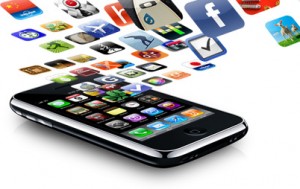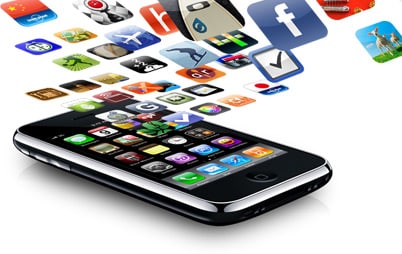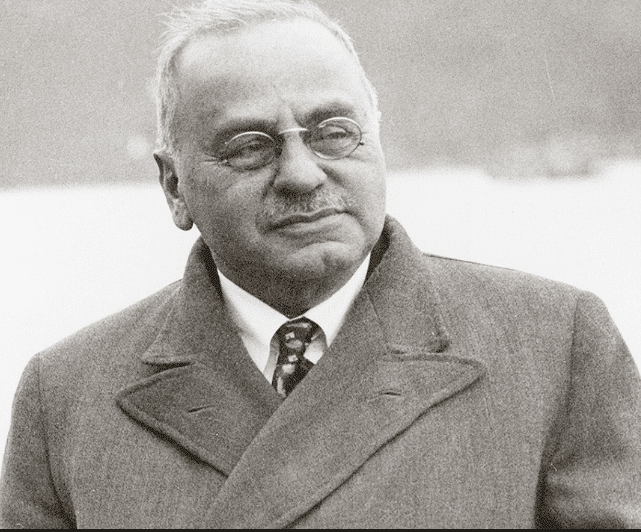 A developing trend of using smart phones and mobile technology as a way to entrepreneurship has appeared in developing countries. According to the Brookings Institute, a research facility for foreign policy, economics, development, governance and metropolitan policy, Egypt, Nigeria and Indonesia use smart phones for small businesses. As much as 38 % has been added to the gross domestic product in those countries.
A developing trend of using smart phones and mobile technology as a way to entrepreneurship has appeared in developing countries. According to the Brookings Institute, a research facility for foreign policy, economics, development, governance and metropolitan policy, Egypt, Nigeria and Indonesia use smart phones for small businesses. As much as 38 % has been added to the gross domestic product in those countries.
Mobile Economy Project
Darrell West, the vice president and director of Governance Studies and founding director of the Center for Technology Innovation, research shows customers use smartphones to search for the lowest prices, for finding the best markets to sell goods, and for giving access to premium financial services for marketing. In all developing countries, mobile subscriptions continue to grow rapidly. Some of the highest growth rates with mobile technology have been in some of the poorest countries. The world’s poorest people collaborate and buy a smartphone for their village. It has become the difference between dying or thriving.
Impressive percentages exist with mobile subscription growth from places such as Botswana (88%), and Peru at (80%) to name a few. Nigeria reports 71 % of its adults now have smart phones. In Africa, alone 616 million mobile users exist all waiting to buy and use mobile technology.
A United Nations trade and development report stated that ICT(Information and Communication Technology) infrastructure has become a decisive factor in determining what the investment climate is in a country. For every one percent increase in mobile penetration, an associated 0.5 to 0.6 increase in the rate of FDI (Foreign Direct Investment) and GDP (Gross Domestic Product) happens.
What Does it Mean?
Businesses that develop services and apps that facilitate this trend will become part of the new micro-mobile economy. Those becoming first adopters and getting on the ground floor of opportunities will make the most money. Services such as mobile micro-finance initiatives that connect people with one another through shared ventures will become a means to capitalize on an investment. Pooling entrepreneurs with like-minded individuals means they can share resources, financing, and training creating micro economies within the larger infrastructure making for rich investment environments. Many new micro-businesses are female owned so whole new avenues of services common for females in the West can now become presented to developing countries. Now money can become made on practicing social justice and social responsibility globally. The type of services proposed boost market efficiency improving conditions for everyone.
The reality presented in the study showed Indonesia farmers using a social network for accessing product reviews, prices, information on agriculture and weather resulted in 600,000 individuals subscribing to the digital collaboration. Niger agricultural markets introduced mobile technology and profits rose 29% after grain prices reduced dispersion of the grain prices in the markets by 10 percent. In Kenya, a SMS service that gives up-to-date market information had 10,000 subscribers with 300,000 hits a month. It sends four to five messages a day at around 11 cent per message received making money for itself and its people.
Possibilities
Combining mobile technology with social media in developing countries expands and enriches markets. The mobile revolution is only at its beginning. Millions of people do not have smartphones, but with a bit of tweaking of payment plans, cost of subscriptions and loans put in smaller bite size pieces whole new businesses and opportunities will exist in a few years.
Peter Henson is a professional blogger that enjoys providing information on colocation, managed hosting and dedicated server services. He writes for QuoteColo, a leading colocation hosting service in Dallas as well as colocation in Atlanta.














